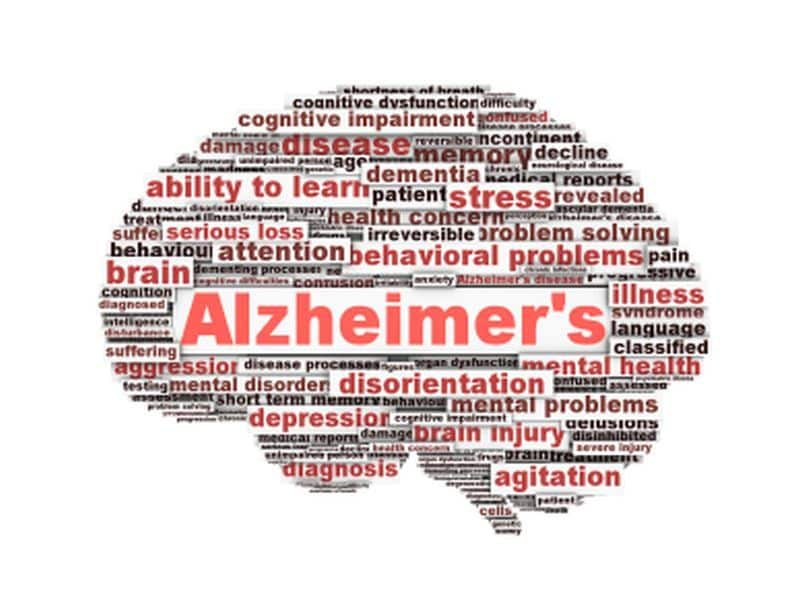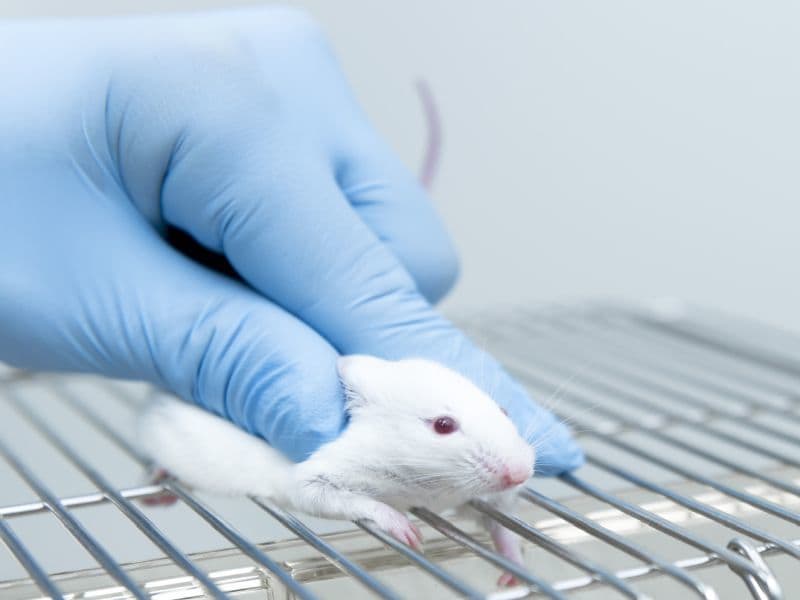
Teens with allergies and asthma can enjoy Halloween as long as they take precautions, an allergist says. “There’s no reason a teen with allergies should have to miss anything,” said Dr. Bradley Chipps, president of the American College of Allergy, Asthma and Immunology. Teens usually know the drill when it comes to handling their food… read on >





























